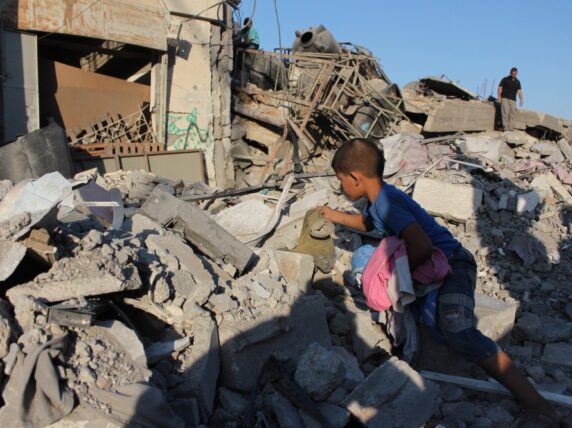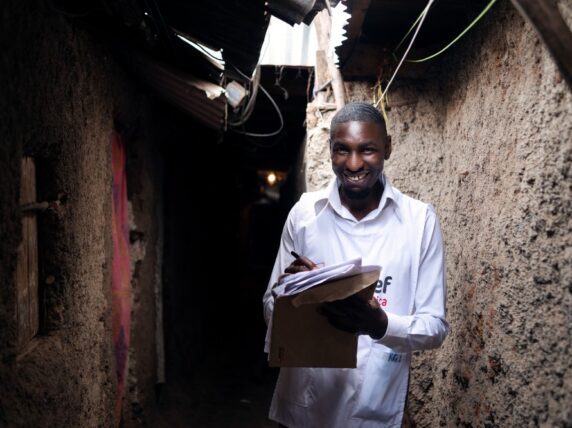A battle we can win, with the public behind us
The fight against malaria has been one of the great public health successes of our time.
Over the last 20 years Britain and its international partners have prevented nearly 12 million deaths and 2 billion cases. There are more countries on the verge of defeating malaria than ever before. With new medicines and tools being added to support the fight, we really could end this disease within a generation.
But we are not there yet.
Despite coming so far in tackling malaria, we are at risk of losing ground in this very winnable battle. Shortfalls in global funding, drug and insecticide resistance, and challenges created by conflict and climate are threatening the amazing progress that has been made over the last two decades.
This deadly disease disproportionately affects children and pregnant women. One in three pregnant women in Africa are affected by malaria and, in sub-Saharan Africa, nearly 80% of all malaria deaths are children. The disease has a devastating impact on families, communities and nations.
Britain has played a crucial role in international efforts to contain and pushback the disease. As a life sciences superpower, we are making major breakthroughs in the development of new anti-malaria tools and medicines. This includes the first WHO recommended vaccines and next generation insecticide treated mosquito nets. With British-backed science and support from our political leaders, we can end one of the oldest and deadliest diseases known to humanity.
We are at a critical juncture: we can step up and finish the job, or step back and face a longer, harder and more costly battle in both lives and resources. For this reason, Zero Malaria Britain has just launched a new campaign calling on all political parties to re-commit to the fight against malaria.
We know that public support is vital if we are going to succeed in getting action on issue which largely does not affect us here in the UK during a time of multiple domestic crises and in the run up to a general election. So, we needed to find out what voters think when presented with the facts, in the t constituencies that will be fiercely contest.
Through a mixture of opinion polling and focus groups (in red wall and blue wall areas) we gained several important insights. We learned that both right leaning and left leaning audiences were equally proud of being British, and although neither audience believed Britain is still a credible leader on the global stage, both expressed pride in British science, particularly when hearing about its role in ending malaria.
The single most powerful emotional response came from hearing about children dying when malaria was both preventable and treatable with timely interventions. Understandably, though, the public suggested avoiding adverts or news that showed children suffering. Crucially, there was a common response showing that if you can demonstrate success, if you have an effective solution, then you need to get on with it and save lives.
The campaign creative needed to reflect the values and sentiment that came from the voters we spoke to. Our agency for the campaign, Don’t Panic, decided to use vox pops to get the facts across, while giving the public a chance to respond. The lightness of touch and gentle humour addresses our audience’s sensitivity while avoiding anything that will put them off this issue.
The result is this short film that launches the campaign. When given the facts about the disease and the special role Britain can play in ending it, Brits agree that it’s time to finish the job.




